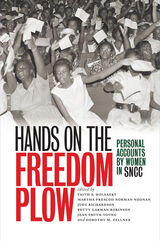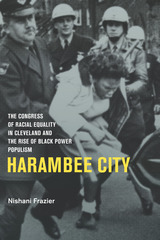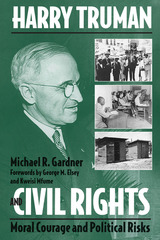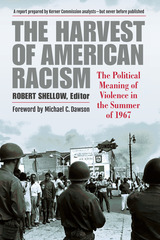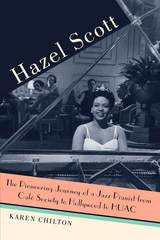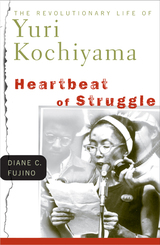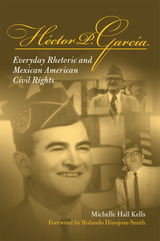Cloth: 978-0-674-52663-1
The fiery editor of the Liberator helped shape the destiny of a divided nation rapidly moving toward war. His letters ring with denunciations of the Compromise of 1850 and the barbarous Fugitive Slave Law, a federal bill that not only sent runaway slaves back to angry masters but threatened the liberty of all free blacks. Despite such provocation. Garrison was an advocate of nonresistance during this period though he continued to advocate the emancipation of slaves.
Garrison's writings also reflect the interests of his times. He engaged in lively correspondence with fellow countrymen Harriet Beecher Stowe, Wendell Phillips, Susan B. Anthony, Theodore Parker, and Stephen S. Foster. In a long letter to Louis Kossuth, he challenges that Hungarian patriot's stand of opposing tyranny in Europe while ignoring slavery in America.
Set against a background of wide-ranging travels throughout the western United States and of family affairs back home in Boston, Garrison's letters of this decade make a distinctive contribution to antebellum life and thought.
See other books on: Discrimination | Garrison, William Lloyd | Letters | Ruchames, Louis | William Lloyd Garrison
See other titles from Harvard University Press

